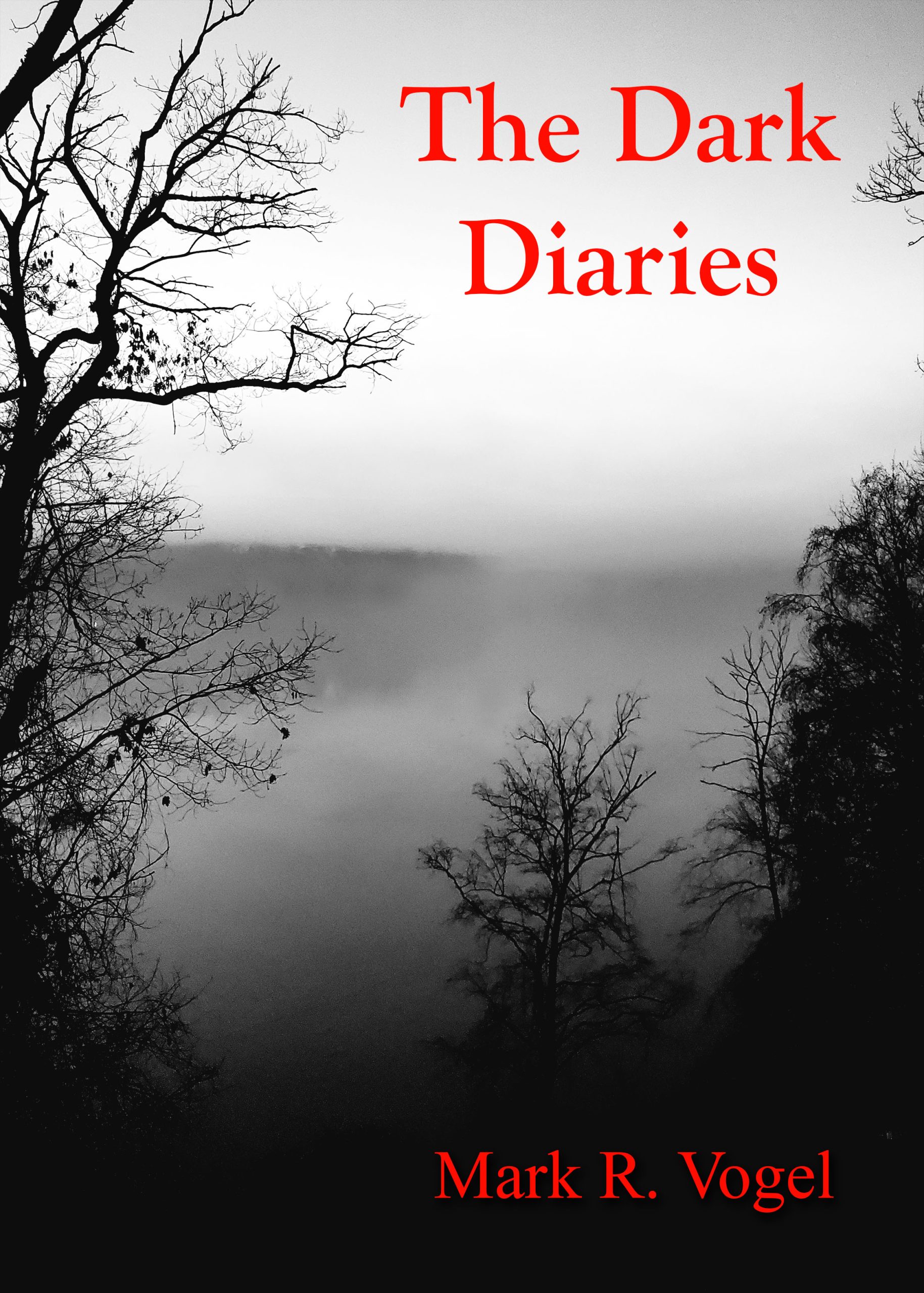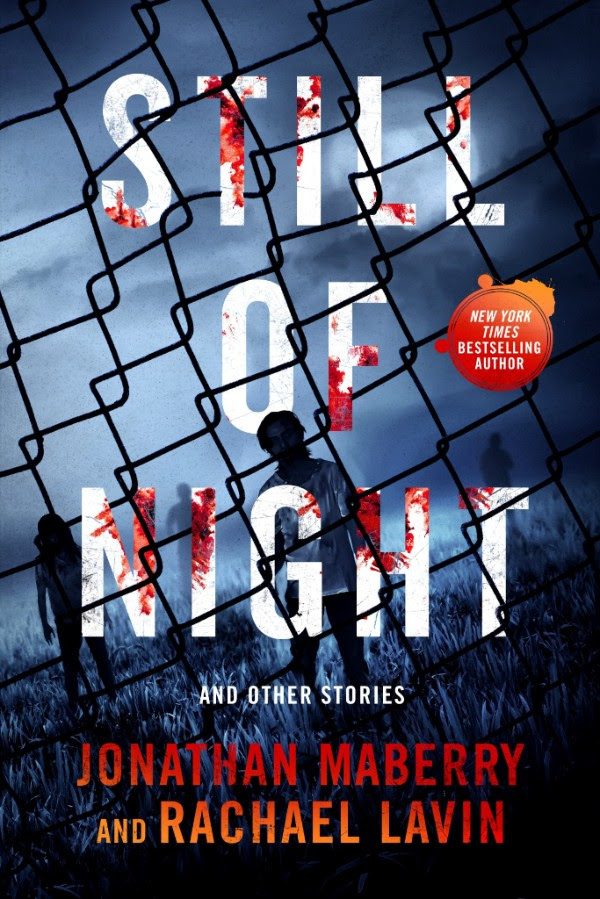Jack the Ripper and Robert Bloch have been cold bedfellows for the majority of the author’s career. Long before his books were affixed with the moniker “By the author of Psycho,” he was known as “the author of ‘Yours Truly, Jack the Ripper,” as the 1943 short story was and has remained his most popular and oft-reprinted and adapted work of short fiction.
Jack the Ripper also completed Bloch’s extrication from Lovecraftian pastiche, which he had been enjoying and succeeding at since he began selling short stories to Weird Tales in 1935. Lovecraft had lured Bloch into professional writing and given him the basis for his fictional format, but by the early 1940s the young Wisconsin author was eager to be fledged from the weird worlds of Lovecraftiana and allowed to express himself in different types of fictioneering. He found this to a degree in the infamous annals of Red Jack, wherein he took his first big step into defining what would become the psychological thriller genre, of which his 1959 novel Psycho became his ultimate example.
It comes as little surprise, then, that Bloch chose the character of Jack the Ripper to dominate such a significant percentage of his literary inclination. The Ripper’s enigmatic figure has been a symbol for much of the social violence Bloch explored throughout his sixty years of professional writing; the Ripper and his uncertain identity and motives became a prototype for Bloch’s fictional psychopaths and a figurehead for his subtle commentary on the violent potential in all of us.
In this handsome volume, Subterranean Press collects all of Bloch’s writings pertaining to Jack the Ripper in a single volume. The content includes three short stories, one full novel, a nonfiction essay, and, for the first time in book publication, his script for the Star Trek episode, “Wolf in the Fold,” which brought the essence of the Ripper face to face with the Enterprise crew, where no serial killer had gone before. A further essay by Bloch, from his introduction to the 1988 anthology Ripper!, serves as his own forward to this collection. Author Norman Partridge supplies an informal introduction to the volume, describing his own encounter with the Ripper through Bloch’s writing; and the “deluxe hardback edition” (the book’s only edition) is nicely bound with a compelling cover painting by J.K. Potter.
When Bloch first became interested in Jack the Ripper early in 1943, there was very little source material available – Saucy Jack hadn’t yet become the cottage industry/walking tour/horror movie character/icon of unsolved serial murder than he has become in our day. Bloch would examine these latter-day investigations into the Ripper’s identity and motives some forty years later in his 1984 novel, Night of the Ripper. But in 1943, Bloch’s initial impression of the Ripper was as a timeless monster of murder, an entity of self-preserving evil whose gruesome acts of dismemberment and rage could be examined against the setting of past, present, and future.
Taking a cue from his Lovecraftian fantasy writing, Bloch’s “Yours Truly Jack the Ripper” imagined a killer whose murders were ritualistic sacrifices performed at routine intervals to guarantee the killer immortality. Written in the first person, the story proceeds as a straightforward mystery story with fantasy overtones until Bloch turns his first person narrator about face and reveals his true identify in a powerfully conveyed shock ending. Later, especially in his crime novels of the ‘40s and ‘50s, Bloch would use the first person narrative technique to embody his characters with perceptive psychological traits that would become chillingly realistic when revealed by their self-confident narrators.
“Yours Truly Jack the Ripper” has gone on to become Bloch’s most often reprinted short story, anthologized some 50 times since its original pulplication in Weird Tales. In 1967, Bloch envisioned Jack’s entry into the far future in “A Toy for Juliette,” his contribution to Harlan Ellison’s celebrated speculative anthology Dangerous Visions. The story is told from the perspective of a sadistic nymphomaniac in the far future whose grandfather happens to own a time machine; imagine what he brought back for her from Whitechapel? Like his first literary encounter with Jack the Ripper, “A Toy for Juliette” is a seemingly simple story that purposefully builds to its snappy shock ending; but by 1967 Bloch had become an astute commentator on human sociology, and his perspective on human violence seeds much of the tale’s stimulating narrative.
The final story, “A Most Unusual Murder” from 1976, brought the author face to face with the Ripper again, telling of a collector of crime memorabilia whose fixation on procuring the Ripper’s medical bag leads him to confront a time travelling curio collector (not unlike Juliette’s grandfather) and an ironic involvement in murder himself. Like the other two stories, this one is a jewel of narrative precision, word-plays, and carefully-wrought wordsmithing that leads the reader inexorably from innocuous start to shuddery finish.
Another decade, another ripping yarn: In 1984, Bloch conveyed his interest in the Ripper murders in its most expressive form with his novel The Night of the Ripper. In his most powerful study of this theme, the novel contrasts the near-mythological figure most explicitly against with the potential aggression caged in all humankind. Here, from start to finish, Bloch mirrors the Ripper’s acts with our own; this becomes especially obvious in the italicized historical excerpts that precede each chapter – grisly mementos of human cruelty and injustice over the years which make the Ripper’s fiendish deeds pale in comparison.
The Night of the Ripper both expands and defines Bloch’s use of the Ripper theme. It is on one hand a novel-length examination of the Ripper murders and the various interpretations that “Ripperologists” over the years have given them. But, on the other hand (the hand that holds the knife), it avoids the fantasy elements that are present in the aforementioned short stories in order to concentrate more fully on the historical and suspenseful aspects of the case. Told from a variety of viewpoints, Ripper is a mostly straightforward account of the murders and the confused police investigation that failed to solve them, as seen primarily through the eyes of his protagonists. Bloch carefully maintains historical veracity throughout the novel, and provides guest appearances by a number of actual period characters, including Oscar Wilde, George Bernard Shaw, Arthur Conan Doyle and the Elephant Man. The actual story revolves around Bloch’s fictional characters, an American doctor studying at London Hospital, and the nurse he becomes enamored with. They gradually become involved in the Ripper investigation, and the suspense mounts as they become potential victims as well as potential suspects. Bloch’s final revelation is characteristically unexpected, somewhat contrived, but works effectively in rounding out an entertaining tale of mystery and suspense.
Around the time he wrote “A Toy for Juliette,” Bloch was approached by Star Trek’s story editor Dorothy Fontana to write an episode involving Jack the Ripper set in Trek’s far future universe. The second season episode “Wolf in the Fold,” which would be Bloch’s third and last script for the series, extrapolated “Yours Truly’s” idea of the Ripper as a sacrificial killer prolonging his life and transformed him into a formless alien entity that feeds on the fear of his victims. The episode shared a few elements with “Yours Truly,” such as a séance that ends in a murder, like the one Hollis stages in the short story, and included in its visual narrative a number of characteristic Bloch-isms inherent in its dialog and action. While the teleplay format is far different from the dramatic narrative of the short stories, it is nonetheless a provocative read, carried forward by dialog and brief directions for action. Its inclusion is a particular delight; along with the concluding essay, “Two Victorian Gentlemen” (originally published in a 1986 comic book called Blood of the Innocent #1), it completes the volume’s role as the definitive Bloch Ripperology.
- Yours Truly, Jack The Ripper - July 22, 2012
- The Zombies of Lake Woebegotton - June 1, 2011







